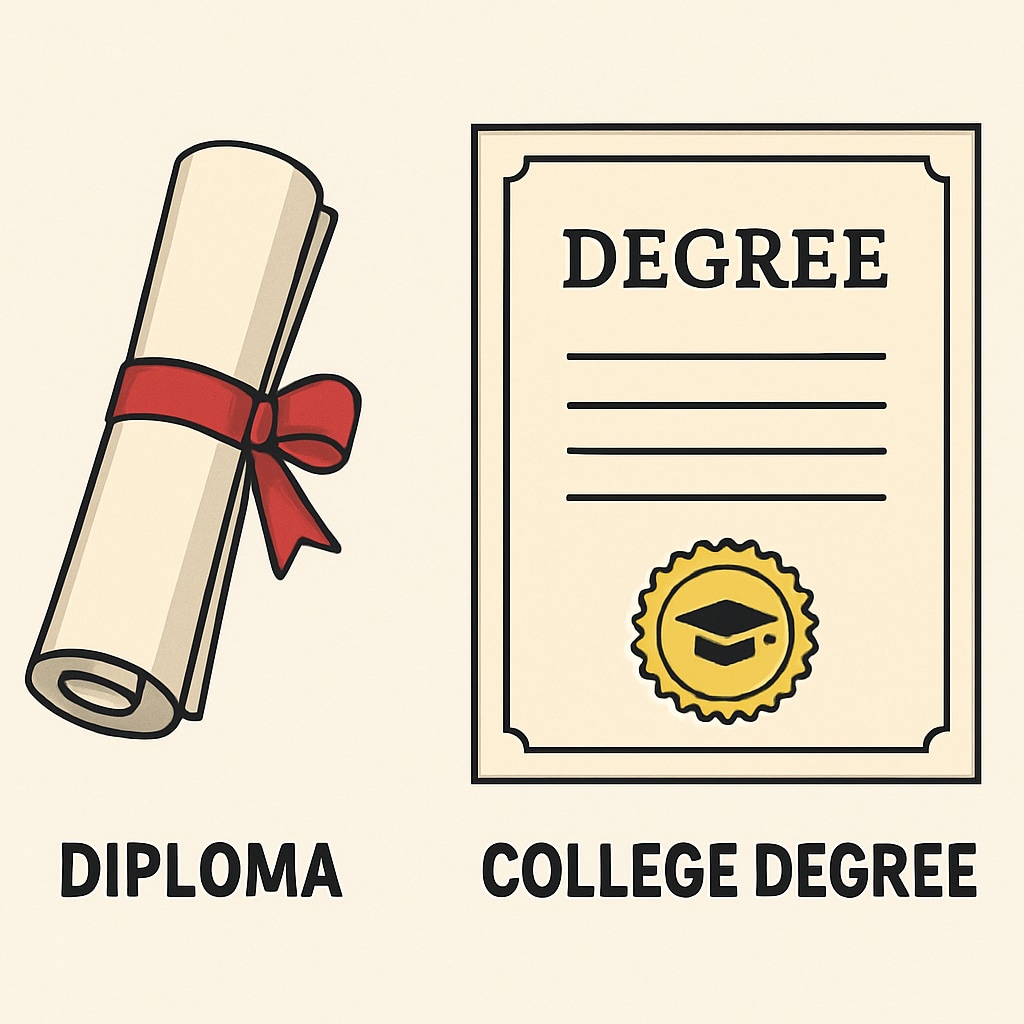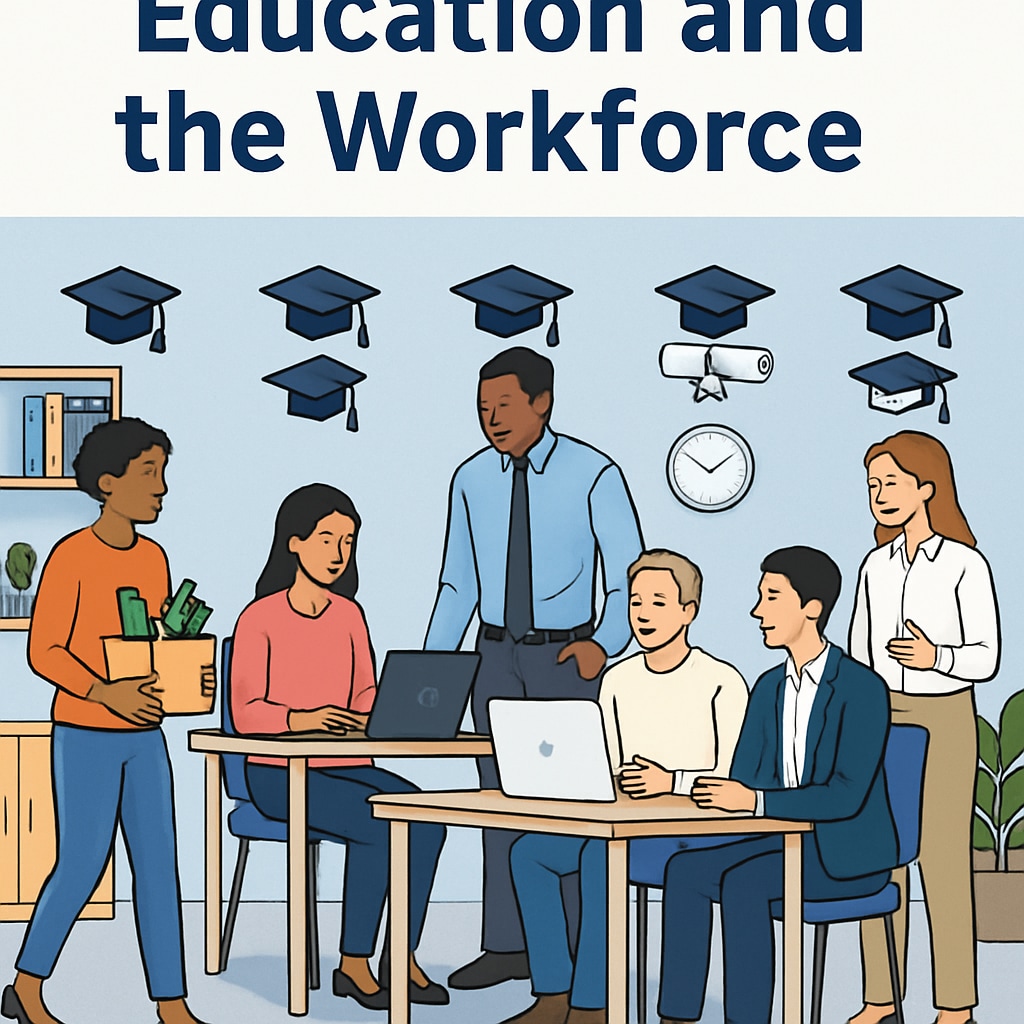In Arizona, government job policies have taken an unusual turn. Employment qualifications now require a high school diploma, even though candidates with advanced college degrees are applying for the same positions. This shift in education requirements has sparked debates about the value of higher education, the consistency of job criteria, and the implications for the workforce. While high school diplomas remain foundational, ignoring advanced degrees in job selection raises questions about the alignment of education and employment in government work.

The Education Paradox in Employment Requirements
Arizona’s policy of prioritizing high school diplomas over college degrees highlights a paradox in employment qualifications. On one hand, it ensures a basic level of education, making job opportunities accessible to more people. On the other hand, it undermines the value of higher education and the investment individuals make in pursuing college degrees. This creates a disconnect between job requirements and the qualifications of highly educated individuals, leaving many wondering if their advanced education is being undervalued.
For example, consider a candidate with a bachelor’s, master’s, and Ph.D. degree applying for a government position that strictly requires only a high school diploma. Despite their higher qualifications, they may be excluded due to the rigid adherence to diploma-based criteria. This raises concerns about whether such policies are inadvertently discouraging educational advancement.
Impacts on the Workforce and Job Market
The implications of Arizona’s education policies extend beyond individual frustrations. They affect the broader workforce and job market dynamics. By emphasizing high school diplomas and overlooking higher education, these policies risk creating a workforce that lacks specialized skills and expertise. This could have significant consequences for industries that depend on advanced knowledge and innovation.
Moreover, the policy may discourage young people from pursuing higher education if they perceive it as irrelevant to government jobs. This could lead to a decline in college enrollment and reduced investment in education, potentially impacting the state’s long-term economic growth.

Balancing Accessibility and Expertise
Reforming these employment qualifications requires striking a balance between accessibility and expertise. One solution could involve creating tiered job requirements, where positions requiring basic skills prioritize high school diplomas while roles demanding specialized knowledge and leadership include higher education prerequisites. This approach would ensure inclusivity while valuing advanced education and specialized skills.
Another option is revisiting the evaluation of candidates. Instead of relying solely on formal diplomas, employers could assess skills, experience, and qualifications through practical tests, portfolios, or interviews. This would offer a more holistic view of a candidate’s capabilities, bridging the gap between education and job performance.
Readability guidance: Use concise paragraphs and clear lists to summarize key points. For example:
- Adopt tiered requirements for different job roles.
- Evaluate candidates based on a combination of education, skills, and experience.
- Encourage collaboration between educational institutions and employers to align curricula with workforce needs.
By implementing these measures, Arizona could address the inconsistencies in its job policies and foster a workforce that is both inclusive and highly qualified.
Final Thoughts on Education and Employment
The debate surrounding Arizona’s government job policies is a reminder of the complex relationship between education and employment. While high school diplomas remain essential, ignoring college degrees risks undervaluing the contributions of higher education. Policymakers must reexamine these requirements to ensure they align with the evolving needs of the workforce and society.
Ultimately, balancing accessibility with expertise will not only benefit individuals but also strengthen the state’s economy and competitiveness. Education should be a stepping stone, not a barrier, to meaningful employment and career advancement.


